
- All Resources
- /
- Foodservice Industry
- /
- Essential Tips For Restaurant Food Safety, Preparation, And Sanitation
UNILEVER PROFESSIONAL
ESSENTIAL TIPS FOR RESTAURANT FOOD SAFETY, PREPARATION, AND SANITATION
Apart from being a regulatory essential, making sure your food service business complies with food safety, preparation, and sanitation guidelines is a key element to running a successful, healthy, and customer-focussed kitchen.
At Unilever Professional, we thrive on making sure our customers are able to run the best businesses they possibly can, which means offering both expert products and advice in every area of the food service, hospitality, and cleaning industries.
This guide takes you through everything you need to know to effectively meet restaurant food safety, preparation, and sanitation requirements. As a business owner or manager in the food service industry, it is your responsibility to ensure the safety and well-being of your customers every day. By implementing proper food safety, preparation, and sanitation practices, you can prevent food-related illnesses and protect your business’s reputation.
Read on for everything you need to know about food safety for your kitchen as well as essential tips and best practices to keep your customers safe and your business thriving.
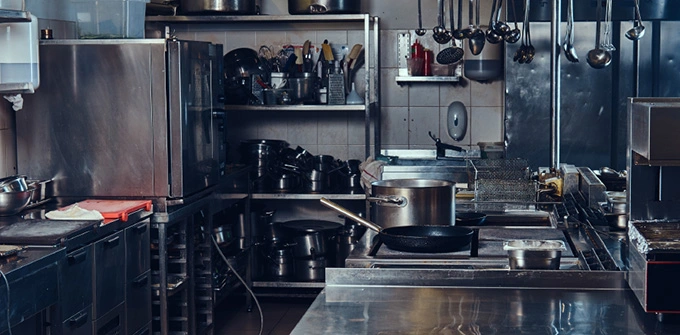
THE IMPORTANCE OF RESTAURANT FOOD SAFETY
The importance of food safety in restaurants and other food service businesses is essentially all about ensuring the food you prepare and offer is free from harmful contaminants and safe to eat. The importance of food safety in restaurants cannot be overstated because foodborne illnesses can result in serious health risks and can damage the reputation of your business.
The most common types of foodborne illnesses include salmonella, E. coli, and listeria. These can be prevented by ensuring that food is stored, prepared, and cooked properly. You ideally want to prevent these kinds of bacteria and illnesses from ever entering your kitchen or onto the food you’re preparing, and the best way to do this is to follow an effective food safety checklist daily.
RESTAURANT FOOD SAFETY CHECKLIST
A restaurant food safety checklist is an essential tool to ensure that your restaurant is safe and compliant with food safety regulations. You should create your personalised checklist for your business, depending on the type of restaurant or kitchen that you run, but in general, this is what it should include:
- Personal hygiene requirements including hand washing, uniform wearing, and the use of hygiene equipment like gloves and hairnets.
- Food storage requirements including proper temperature control for refrigerated and frozen foods, checking for expiration dates and keeping raw and cooked foods separate to prevent cross-contamination.
- Food preparation requirements include proper cleaning and sanitising of utensils and equipment and proper cooking temperatures to ensure that food is safe to eat.
- Food handling requirements including procedures for handling and serving food, such as using clean serving utensils and not reusing plates or utensils that have come into contact with raw food.
- Cleaning and sanitation requirements including procedures for cleaning and sanitising surfaces, equipment, and utensils to prevent the spread of bacteria and other pathogens.
- Pest control requirements including procedures for preventing and controlling pests, such as regular inspections, sealing gaps and cracks, and using traps and baits.
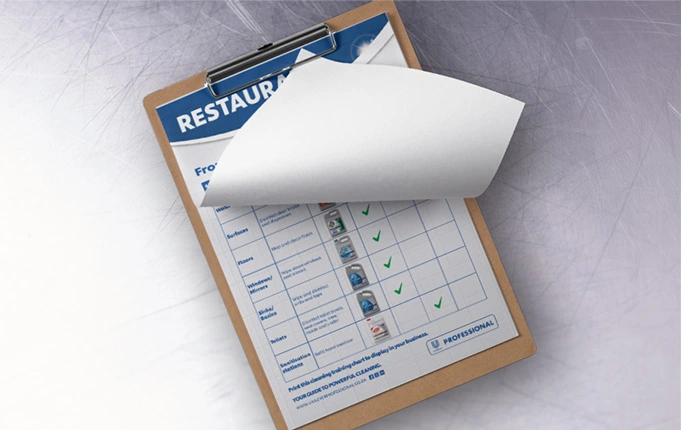
Every single staff member should understand what each point on your checklist means and be well-trained on how to implement these points daily in their specific roles. If everyone on your team is invested in food safety and the success of the business, then it will be a sure thing that you keep your standard high.
Another important thing to note when implementing your checklist is how up-to-date it is with regulations. We recommend that your restaurant food safety checklist be updated at least once a year. However, if there are any changes in food safety regulations in your industry or if new equipment or processes are introduced into the business, make sure you update your checklist accordingly.
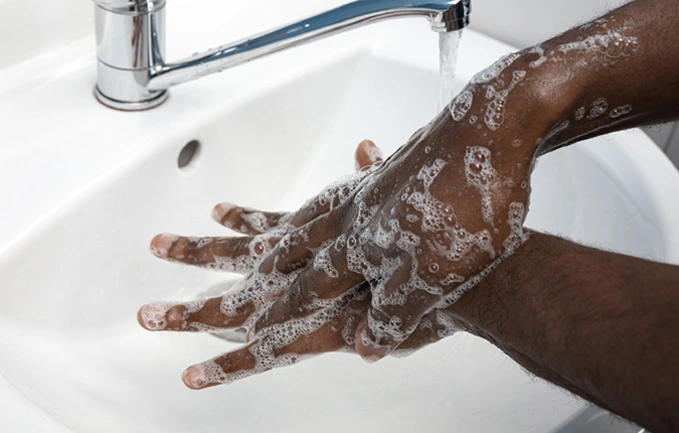
RESTAURANT FOOD SAFETY TRAINING
Proper restaurant food safety training is essential to ensure that all staff members understand and follow food safety protocols. Your staff should be trained in detail about the food safety checklist you create and how to implement it. Most effective training programs will cover these essential topics:
- Effective handwashing and sanitising
- Proper temperature control
- Cross-contamination prevention
The best way to train people to ensure the information is well-received and understood is to create fun training programs, easy to understand, and interesting. By using visual aids, providing hands-on training, and testing staff members to ensure comprehension, you should have a well-trained team that is excited to work well together at the end of the day.
RESTAURANT FOOD PREPARATION - COMMON MISTAKES
Proper food preparation is crucial in preventing foodborne illnesses and mistakes often get made during this process, which can lead to some nasty results. In restaurants and kitchens, the most common food prep mistakes include:
- Not properly washing produce
- Using the same cutting board for multiple ingredients
- Not properly thawing frozen food
- Poor hand washing and sanitising
- Using expired meat and produce
Once again, by including essential steps about proper food preparation practices in your food safety checklist, you’ll be able to avoid these common mistakes daily. Training your kitchen, cleaning, and cooking staff on the importance of effective food safety, preparation, and sanitation will empower them to know more and do better.
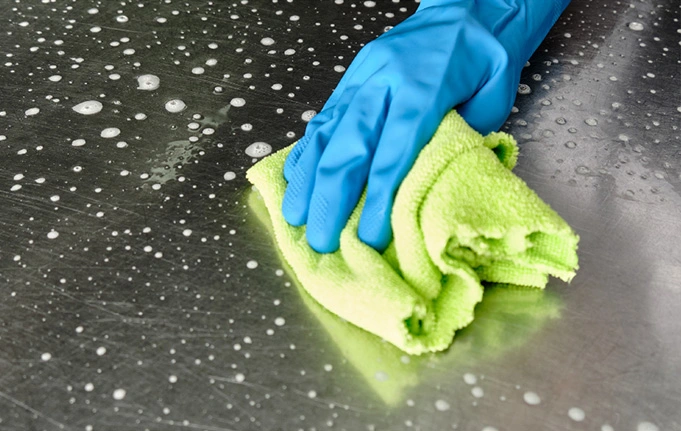
SANITATION IN RESTAURANTS
Bacteria and viruses lurk in poorly cleaned and stored food, and they also exist on surfaces and equipment. Therefore, practising proper food prep standards should go hand in hand with proper sanitation standards too.
Restaurant sanitation ensures that all surfaces and equipment are clean and free from harmful bacteria. A restaurant sanitation checklist is essential to ensure that all areas of your restaurant are properly sanitised. When you create a sanitation checklist – as part of your food safety checklist – be sure to include these essential sanitation procedures:
- Clean and sanitise all equipment daily
- Proper storing of food
- Proper and regular hand washing
Maintaining a clean restaurant environment is essential in preventing the spread of harmful bacteria. By following these best practices, you can create a safe and welcoming environment for your patrons.
Choose Unilever Professional for high-quality products designed to meet the specific needs of your business, so you can focus on what you do best. We offer a range of products that will enable you to implement your food safety, prep, and sanitation protocols easily and effectively.
- Commercial Hygiene Products
- Commercial Surface Cleaning Products
- Commercial Laundry Products
- Bulk Dishwashing Liquid Products
Choose Unilever Professional today for all your essential business cleaning supplies in bulk sizes. We stock everything from hygiene products to floor cleaning products at competitive prices that your business will thrive on.

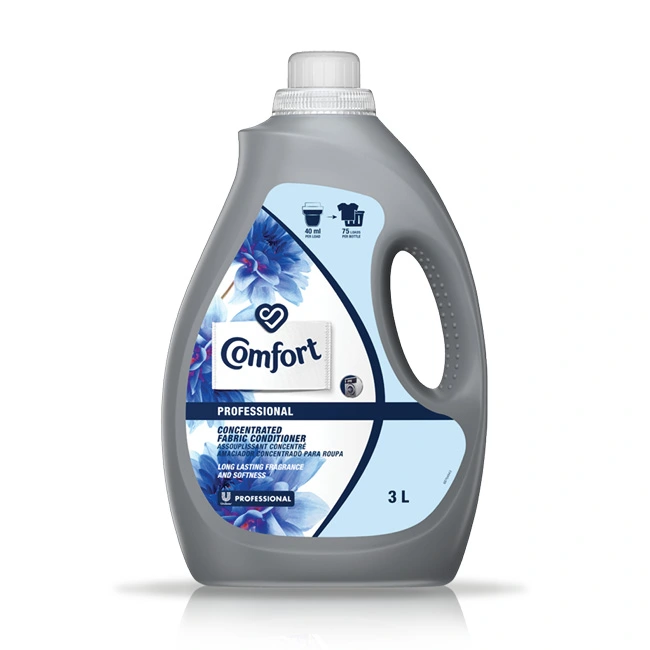
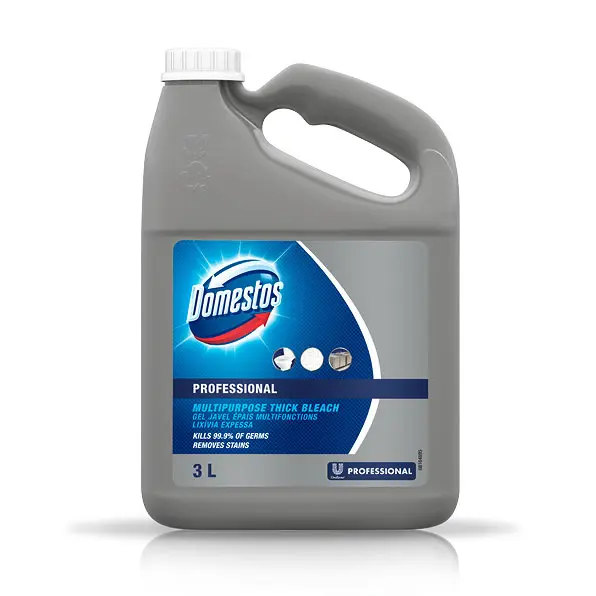
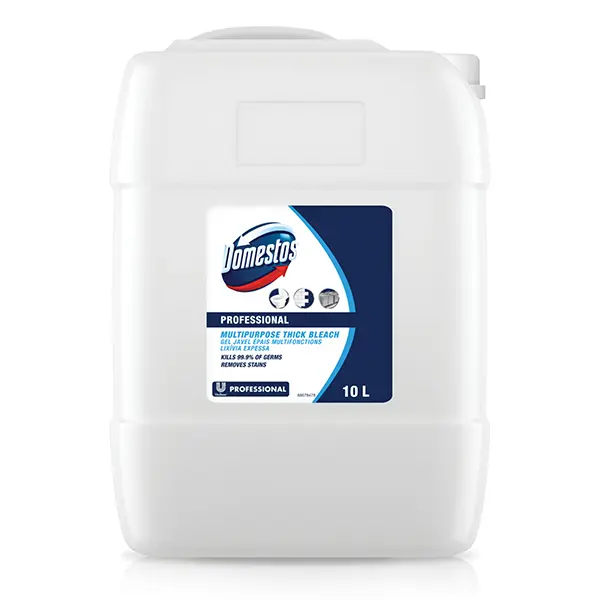
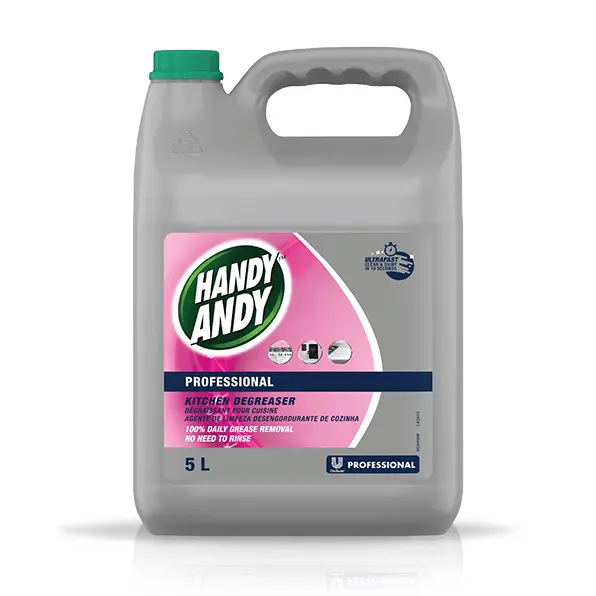
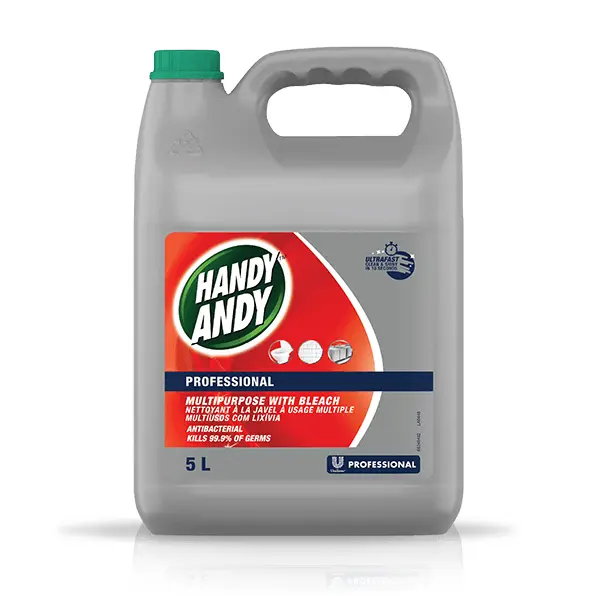
.webp)